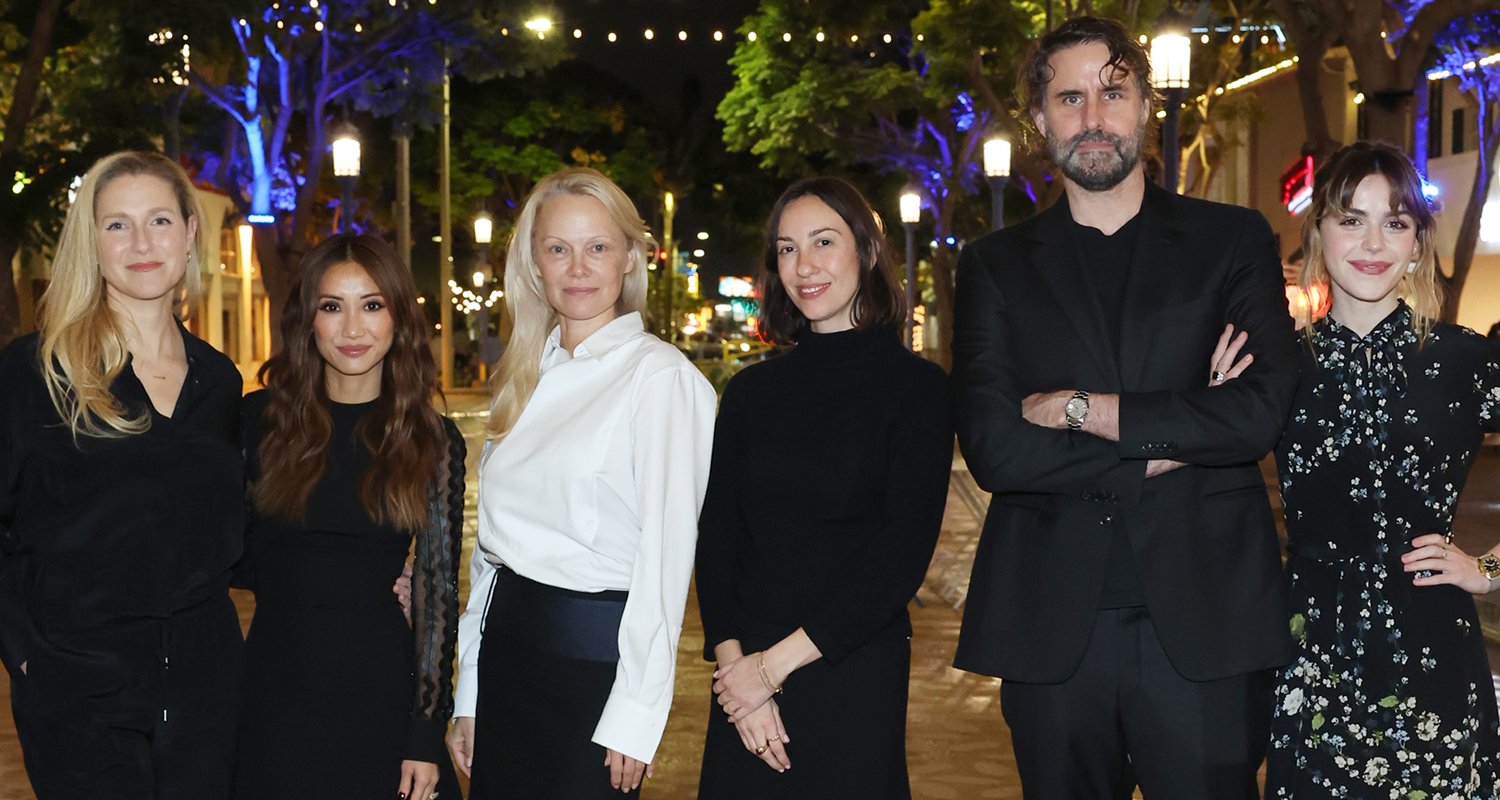ARTICLE AD
With a growth in audience numbers and the highest seat occupancy in the festival’s history, the 29th edition of the Busan International Film Festival (BIFF) wrapped Friday’s awards ceremony on an optimistic note amid a challenging time for the domestic film industry.
The event ended with BIFF confirming that it will make a one-off key shift in its 2025 festival dates to accommodate Korea‘s major Chuseok holiday (which follows the Korean lunar calendar) and the Korean National Sports Festival. Next year’s edition of the festival will take place from September 17-26 and the Asian Contents & Film Market will run from September 20-23. Depending on the Toronto International Film Festival’s dates for next year, this may result in a shortened turnaround for industry guests between both major festivals.
Here are four key takeaways from the Korean fest.
Attendance uptick
The festival achieved its all-time top seat occupancy rate of 84% — surpassing pre-pandemic years when over 300 films were featured. This year, BIFF drew a total audience of 145,238, an increase from last year’s total audience attendance of 142,432 — although lower than pre-pandemic numbers, where BIFF registered 195,081 for its 2019 screenings.
A total of 278 official selections — including 54 from the festival’s community events — produced 633 screenings at the festival. The festival also said that a total of 46 festival events were held, which is 15 more than last year. There were also 303 guest visit sessions after screenings, allowing filmmakers and cast to connect with audiences.
Expanded ACFM
This year’s Asian Contents & Film Market (ACFM) received 2,644 market badge participants from 52 countries and a total of 26,435 visitors, a 37% increase from last year. Under new ACFM head Ellen Y.D. Kim, the industry platform also saw 33 new companies joining this year’s edition. Out of the market badge participants, 1,466 were domestic guests and 1,178 were international guests.
The market’s newly-launched Producer Hub also attracted 123 producers from 19 countries, fostering
networking opportunities. The event, featuring Korea as ‘Focus Country,’ was supported by the Korean Film Council and partner organizations from seven countries.
The Producers Guild of Korea also signed MOUs with Indonesia, Hong Kong and Brazil.
Italy established a pavilion for the first time at the market, with Roberto Stabile, Head of Special Projects at the Directorate for Cinema at Cinecittà, in attendance. Six Italian sales companies and four production companies were part of the pavilion, and plans for co-productions between Italy and Korea and distribution in both territories are also underway.
In the sales market, 275 sellers and 563 buyers engaged in content trading, while the Asian Project Market and Busan Story Market hosted 1,676 business meetings. The ACFM conference also doubled its program offerings this year and included an AI-focused conference.
CJ ENM surpasses Netflix’s Korean content spend
The largest posters that blanketed surrounding malls and hotels around the festival’s Centum City and Haeundae areas were of Netflix titles Uprising and Hellbound 2 as well as Disney+’s Gangnam B-Side, with no posters of independent films coming close to the streaming titles’ size and scale — testament to the spending power of these two streamers on physical advertising.
Long seen as a steadfast vanguard of independent and arthouse films, the festival is not immune to the tidal shifts and global transformations that have grappled the theatrical business. Indeed, BIFF’s opening night film, Uprising, co-written and produced by Park Chan-wook, marked the first time that the festival has chosen to open with a streaming title that will not receive a theatrical release.
Additionally, Netflix had a substantial presence at this year’s festival, hosting a half-day Creative Asia Forum in partnership with BIFF on October 6, with 120 filmmakers in attendance from across APAC. The streamer’s top regional executives such as VP of APAC content (ex-India) Minyoung Kim, Head of APAC Production Sung Q Lee, and Senior Director of Southeast Asian Content Malobika Banerji were also present.
The streamer also ran three other events alongside the festival: A slate launch for their 2025 Korean titles and junkets for Chinese-language title Born for the Spotlight and Japanese title Beyond Goodbye — both titles that appeared in the festival’s ‘On Screen’ section.
Korea’s largest media and entertainment conglomerate CJ ENM held a ‘Movie Forum’ on October 4, announcing that it will maintain a $750M annual spend on Korean content. TVING CEO Choi Ju-hui, Studio Dragon CEO Jang Kyung-ik, CJ CGV’s Business Innovation Office Chief Lee Dong-hyun and Domestic Business Division head Cho Jin-ho as well as CJ ENM’s Content Distribution SVP Seo Jang-ho were among those present.
The commitment to the spend means that CJ ENM’s investment likely surpasses Netflix’s annual outlay on Korean content. In 2023, Netflix announced that it will commit $2.5B to developing Korean content for the next four years, which works out to roughly $625M per year.
CJ ENM also conspicuously opted out of having a booth at ACFM this year, an absence that drew significant chatter among domestic market attendees — even domestic rivals — who see the company as a kind of bellweather for the Korean industry.
At the market’s OTT platform panel, Asian streamers and producers discussed survival strategies, including the launch of a joint content fund to stay competitive against the growing dominance of Netflix.
Co-existing with AI
Film industry conversations on AI have shifted toward a recognition of the inevitability of its adoption into filmmaking processes. Both the Busan festival and market have embraced this inevitability, with ACFM hosting a day-long conference on October 6 exploring the integration of AI into content production, including speakers from Stability AI, Microsoft, iQiyi and Naver Webtoon.
Following Microsoft’s first partnership with Cannes’ Marché du Film and festival this year, the tech company also set up a ‘Microsoft Lounge’ on the ground floor of BIFF’s main Busan Cinema Center. Under the banner “AI is Not Creative, You Are,” the lounge gave festival visitors a chance to experience AI firsthand.
Microsoft also set up an ACFM booth at BEXCO for market attendees to preview and interact with new Copilot software features. Expect AI to feature heavily at next year’s edition.

.png) 1 month ago
16
1 month ago
16 

